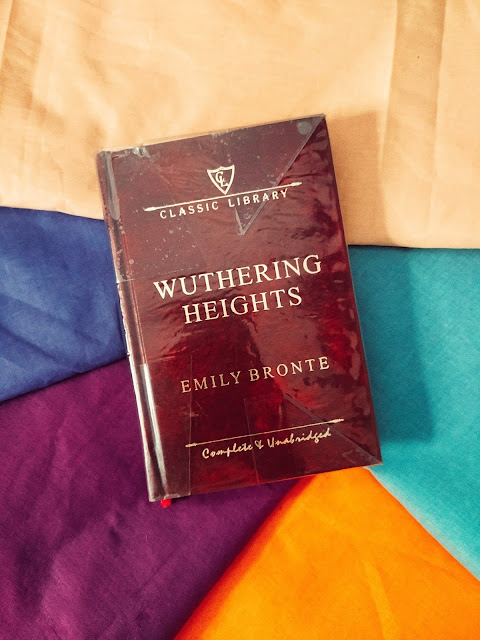In Dharini Bhaskar's mesmerizing novel Like Being Alive Twice, the narrative unfolds with the delicate intricacy of a spider's web, catching the reader in its threads of parallel realities and choices made or missed. The story is anchored by Poppy (Priyamvada), a woman poised on the cusp of two divergent paths, each represented by a door—one yellow, one blue. Bhaskar's deft hand guides us through 15 chapters that alternately explore seven years as they were and as they could have been, leading us to a hauntingly inevitable conclusion: all doors, no matter how different, ultimately lead to the same place.
In the world of the yellow door, Poppy chooses Yuvi, a decision driven not by love but by a pragmatic retreat from the intensifying political climate. In contrast, the blue door offers her a life with Tariq, the man she truly loves, where they live the harsh realities of the insidious nature of authoritarian regimes that tally human worth with a chilling points system. Bhaskar's portrayal of this dystopian landscape is disturbingly familiar and eerily plausible, with its gated communities, strict social hierarchy, surveillance, smog-choked Bastis, and the looming threat of losing everything for stepping outside prescribed societal norms.
What sets Like Being Alive Twice apart is its exploration of alternate realities and the emotional undercurrents that run through both narratives. Bhaskar's masterful storytelling weaves together these parallel worlds, revealing the subtle connections and surprising coincidences that bind them, compelling the reader to flip back and forth, piecing together the connections between art, politics, and the personal lives of her characters. The narrative is richly textured with the recurring motifs; touchstones—books, paintings, anklet, sculpture, movies, and songs—serve as anchors, grounding the characters in their respective realities while highlighting the stark contrasts between them.
The novel's exploration of politics is unflinching, and the individual's relationship to power is particularly poignant. The supreme leader's rule, with its draconian points system, is a thinly veiled critique of majoritarianism, authoritarianism, and societal pressures, where freedoms are increasingly curtailed, and individual worth is quantified. Each tally determines the citizens' place in one of the gated enclaves—Palash, Kadamba, Champa—and their rank in a rigid hierarchy. Points are meticulously tracked: marry outside your religion, delay marriage, or fail to conceive within five years, and your score drops, risking exile from your Bagh. Even the points of parents dictate their children's futures, with any misstep—a forbidden affair, for instance—leading to a public inquiry and potential banishment. The unlucky subjects are relegated to the Bastis or, worse, the Door Mohalla. The Baghs, with their floral names, mask the thorny reality of life under constant scrutiny, where love, freedom, and ethics are commodities traded for a higher score.
It highlights the importance of individual agency and the power of love that transcends adversity. Yet, Bhaskar never allows the political to overshadow the personal. Poppy's relationship with her mother, for instance, remains a constant in both worlds, offering a moving exploration of how love and resentment can coexist, shaped but never fully determined by external circumstances.
Bhaskar's narrative technique is striking in its use of parallel events to underscore the differences and similarities between the two worlds. These moments of interconnectedness are not just clever literary devices but profound meditations on the nature of choice and fate.
Bhaskar brings both worlds crashing together in a heartbreaking conclusion. The novel's ending, where all paths converge in tragedy, is both devastating and cathartic; it's a sobering reminder of the inescapable consequences of living in a world divided by faith, power, and fear. It is a potent exploration of how, despite our choices, we are ultimately shaped by forces beyond our control.
Like Being Alive Twice is a triumph of narrative craft, a novel that demands to be read and reread, each time revealing new layers of meaning. Bhaskar's prose is lyrical yet precise, her characters vividly drawn, and her narrative structure innovative without being gimmicky. She has given us a story that is as much about the worlds we inhabit as it is about the ones we imagine—a reminder that, no matter which doors we choose, we are always, in some way, the same.
"You can tug at a story this way or that. Close one door and walk through another. And here's where you'll find yourself."







































